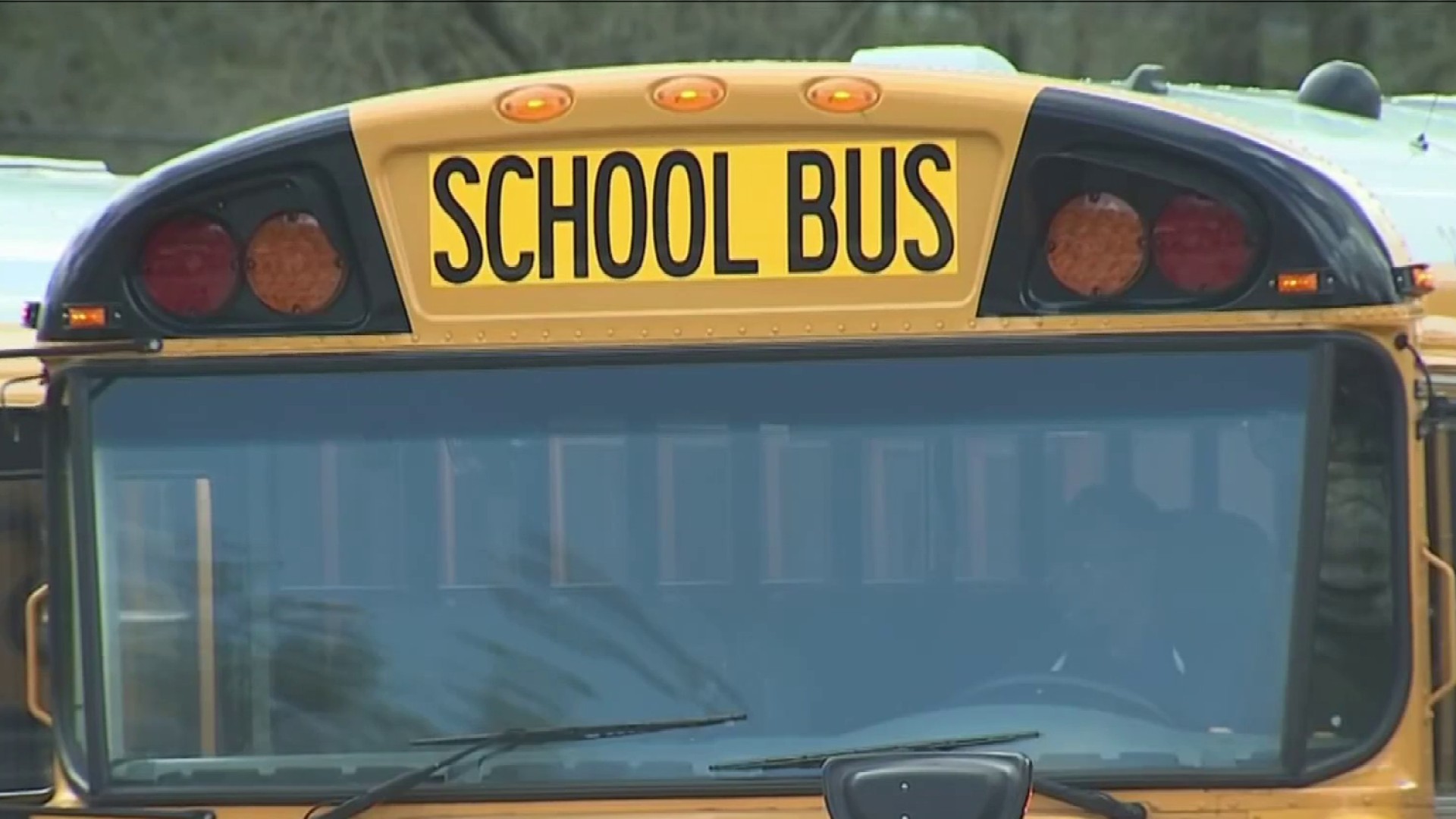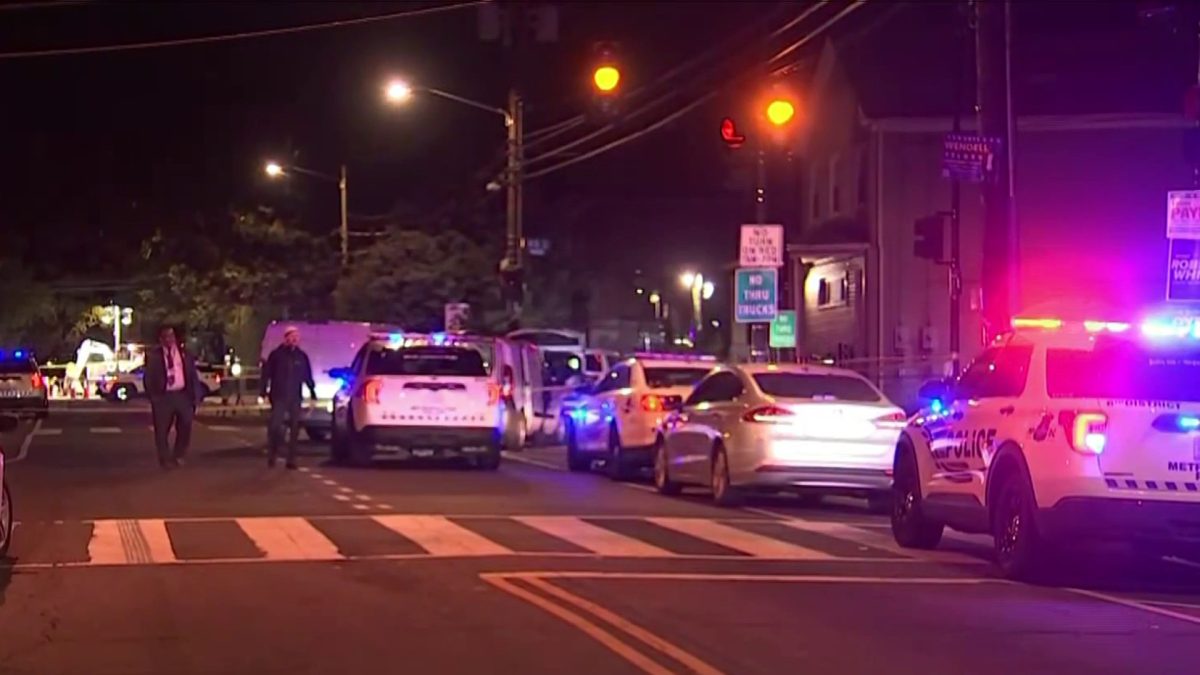As West Virginia lawmakers debated greenlighting sports betting in 2018, they pointed to predictions that allowing people to bet on games would bring more than $5 million in tax revenue the first year alone.
One state senator wagered the payoff would be even higher, declaring, “It will be closer to $9 or $10 [million], and I'll bet on it.”
But after a year of fits and starts, the state — which offers the closest legal sports betting to the DMV — has fallen far short of those projections. In the year since the first sportsbook opened at the Hollywood Casino at Charles Town Races, one of five approved to offer sports betting, West Virginia saw only about $1 million in new tax revenue.
State officials point to a legal dispute between a gaming operator and technology provider that caused two casinos to halt their sports betting operations for much of the revenue shortage. As a result of the ongoing legal battle, the Mardi Gras Casino near Charleston and the Wheeling Island Casino both shuttered their retail sports betting locations and online platforms just months after launching.
Other state operators have been slow to develop mobile sports betting platforms, leaving gamblers who wanted to place a bet to drive to the remaining retail locations.
The $5.5 million total revenue estimate was based on the “assumption that all five West Virginia casinos would have both retail and online sports wagering available for a full fiscal year,” West Virginia Lottery spokesman Randy Burnside told the News4 I-Team. “That did not happen and, as the fiscal note stated, this was an unknown and the estimate could vary significantly.”
As the District of Columbia prepares to launch its own sports betting system — with predictions it could bring in as much as $17 million in 2020 — analysts said West Virginia’s first year is a cautionary tale for governments counting on major earnings at the start of legal sports gambling.
Local
Washington, D.C., Maryland and Virginia local news, events and information
Gaming consultant Sara Slane said it’s common for states to experience “growing pains” as they venture into sports betting, especially as many are rushing to get in the game.
“I don't think that anyone should ever go into this thinking this is going to be a panacea for a budget [or] for a government shortfall,” Slane said. “It is a nice thing to have. It is certainly better to have a legal regulated system than an illegal one — an offshore operation where there's no oversight and there are no consumer protections.”
A review of state lottery commission records shows the majority of the state’s first-year earnings come from the Hollywood Casino in Charles Town, which launched its sportsbook in late August 2018. Hollywood accounted for $755,000 in Fiscal Year 2019, about 70 percent of all sports betting revenue.
Sports gambling is a notoriously low-margin business compared to table games or slots, explained Erich Zimny, vice president of racing operations and sports at the Charles Town casino.
State lottery commission records show gamblers made more than $140 million in total sports bets since the opening of wagering last year to yield the roughly $1.1 million profit.
“They say, ‘The house always wins,’ but in a sportsbook, that's not always the case,” Zimny said. “It is not uncommon to see large red figure numbers for a single day, or even a single string of days.”
State Del. Paul Espinosa, who represents parts of Jefferson County, West Virginia, said he’s not surprised by the lower than expected first-year profit.
“We never really anticipated that it would be a windfall; [it’s] more of an amenity for our casinos,” Espinosa said.
With two online sports betting platforms recently opening in the state — and others, including at the Hollywood Casino — expected to launch in coming months, “I think we'll begin to see what the true potential of sports wagering is here in West Virginia,” he added.
In a statement to the I-Team, Delaware North — the company that owns the Wheeling and Mardi Gras casinos — said it's "continuing to work to enlist a technology partner for sports wagering" but doesn't know when it will relaunch its sports betting program.
West Virginia could face headwinds, however, once the District opens its sports betting operation, Slane said. The DC Lottery recently announced its gaming regulations and is expected to soon begin accepting applications for potential operators.
The District’s four major arenas are eligible to host sportsbooks, in addition to most small bars and restaurants. What’s more, the DC Lottery’s online platform, which will be accessible throughout most of the District, is expected to launch in January.
“The District of Columbia is in a really good position right now because … there isn't sports betting in Maryland or in Virginia,” Slane said, adding D.C. can “take advantage of the fact that consumers don't have many choices.”
Alexandria accountant Ted Phillips is among the D.C.-area sports bettors who drive to West Virginia to wager on athletic events. Though he occasionally plays table games, he said the sportsbook is definitely the primary draw.
“The way I look at it is investing. I don't look at it as gambling,” he said.
But the father of two acknowledged he probably won’t make the drive once D.C. launches its program.
“If I can drive 20 minutes there and 20 minutes back, that that makes a whole lot more sense to me than four hours,” Phillips said.
The West Virginia Lottery Commission told the I-Team while sports wagering didn't meet its initial projections, other forms of gaming, like scratch off tickets, video lottery and table games, have outperformed expectations, totaling $527 million for the most recent fiscal year.
Reported by Scott MacFarlane, produced by Katie Leslie, and shot and edited by Steve Jones.



